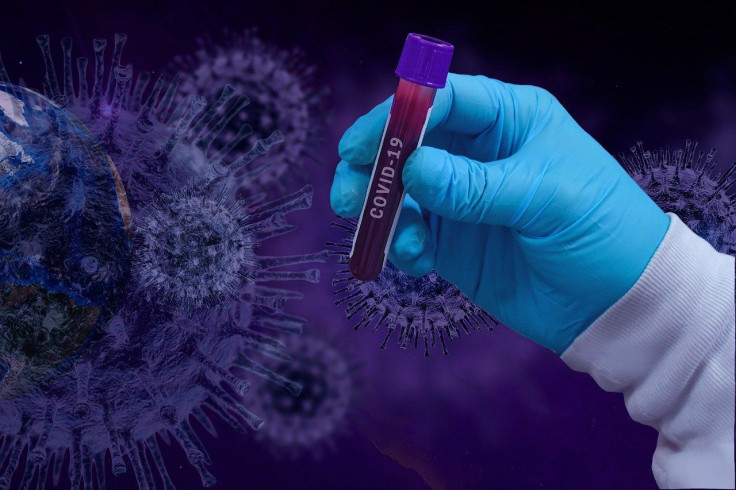Who Is At Risk Of Getting Severely Ill From COVID-19? Patients' Blood Plasma May Predict
A new way of identifying which individual is most likely to become severely ill from COVID-19 has been discovered. This technique can help decide the course of treatment for each patient.
A specific protein in blood plasma may help spot a patient who is at a higher risk of getting severely ill with the infection, researchers at Washington University School of Medicine have found.
For their study, which was published in the journal iScience, the researchers evaluated blood samples from 332 COVID-19 patients admitted to Barnes-Jewish Hospital in St. Louis and compared it with the blood samples of people without the infection, ET Healthworld reported.
The scientists then used a technique called high-throughput proteomics to identify overexpression and underexpression of the proteins-also known as dysregulation. They then analyzed the specific proteins that were dysregulated in the severely ill patients who would need ventilators and identified around 32 proteins in them.
The study also determined another five proteins which were found to be altered in the blood plasma of patients, which indicated the likelihood of death from the infection.
Those patients who had any of the 32 dysregulated proteins eventually needed ventilation to breathe, and 63 patients who had alterations in five proteins later died from the infection, as per the study.
Most of the alterations in blood plasma were expected as the body's normal response to inflammation and the immune response.
"But a subset of these proteins raised the likelihood that patients would need ventilation or go on to die. Using these proteomics approaches, we now have a methodology that allows us to predict problems, and that can be very important for clinical practice," Carlos Cruchaga, the principal investigator of the study, said, as per the university's news release.
To further confirm the findings from the study, the researchers evaluated similar proteomics data from 297 COVID-19 patients and 76 controls at Massachusetts General Hospital in Boston. This analysis also led to the same results where scientists identified the same set of proteins in patients who needed ventilators and who died from the infection respectively.
"Identifying harmful proteins may be helpful as we confront not only variants of the virus that causes COVID-19 but also as new viruses emerge in the future," Cruchaga added. "We may be able to draw blood from an individual with a COVID infection, check the levels of these key proteins, and quickly determine risk for serious outcomes. We then could use that information to determine the best course of treatment."




























